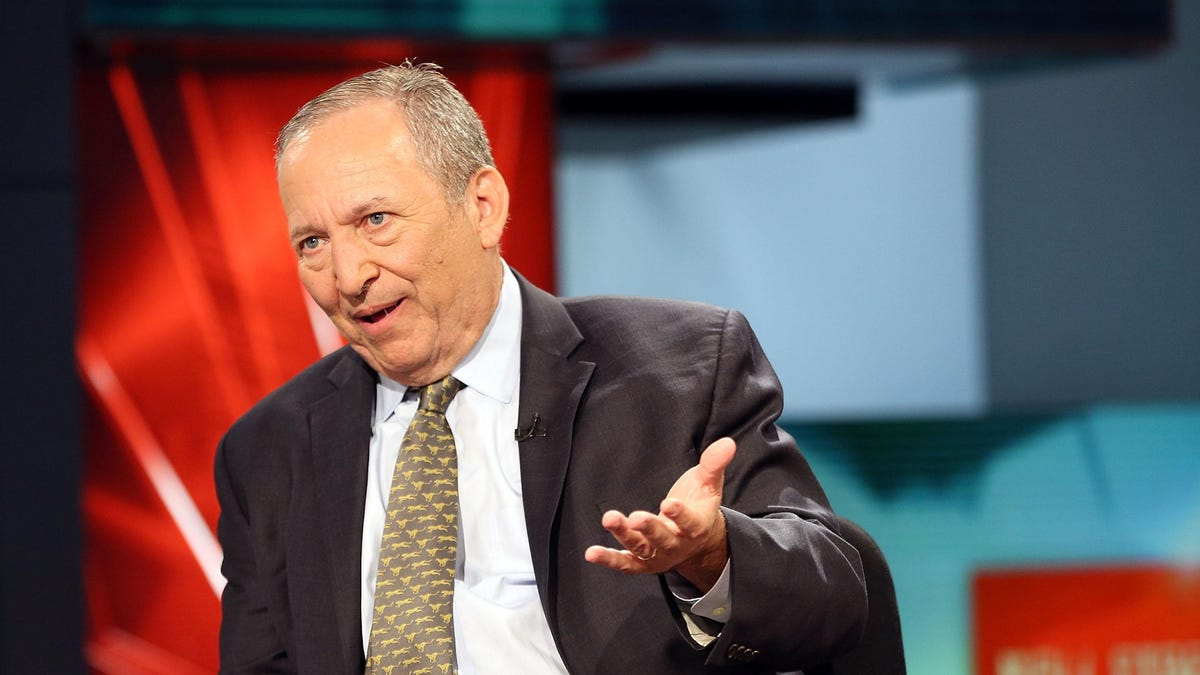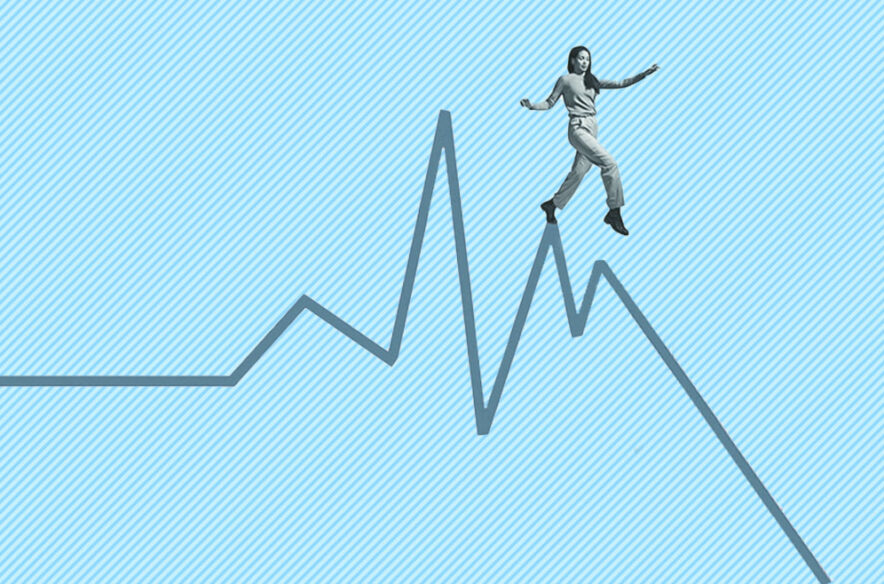
Stock markets have taken painful ticks this year. Inflation pushes interest rates up, which puts pressure on valuation levels. Those who like gloom can quickly draw the sequel. Now that the central banks have woken up and tightened monetary policy, there is a real chance that the economy will enter a recession.
Google Translated from Dutch to English. Here is the link to the original article in Dutch. The article was originally published on 30 May 2022
Then corporate profits will get a boost, which will translate into further price losses. So it's simple for investors: be underweight equities and keep the duration short in your bond portfolio.
Or not? If the future is that bright – high, persistent inflation followed by a recession – it is reflected in the prices. Is it conceivable that the future looks better, and how likely is that?
It is always possible to come up with a more optimistic scenario. Over the past few weeks, inflation expectations derived from market indicators have stopped rising; they have even fallen slightly. The capital market interest rate has also declined somewhat in line with this. It may be just a short pause, after which inflation expectations and interest rates rise again. Still, an investor should always ask himself whether there is a message in a price movement carried by the collective intellect of all market participants. Does the market know something I don't? Or has the market seen something that has escaped my attention?
Market focus shifts from inflation to growth
Therefore, when I once again listed a whole row of inflation indicators, I noticed that some of those indicators suggest that the top in inflation has now been reached. It is likely that inflation will fall, although it is not clear how quickly. That probably doesn't matter to the market. The focus is now shifting to whether a recession will occur. Recession prospects in the US are especially relevant for investors because the US financial markets set the tone.
Predicting a recession is a tricky business. I, therefore, prefer to start by consulting objective factors. The US yield curve (like to look at the yield differential between 2-year and 10-year government bonds) has been a reliable predictor of recessions in the past. All US recessions of the past 40 years have been preceded by an inverse interest rate structure (2-year yield above the 10-year yield). That is not the case now. What isn't may still come, but on this basis, you'd say a short-term recession is unlikely.
No major vulnerabilities
I then try to estimate the vulnerabilities in the economy. That doesn't look bad right now. Indeed, consumer confidence is at an all-time low in many countries, including the US, and inflation affects purchasing power, but households have healthy balance sheet ratios. Debt ratios are modest, and families have accumulated significant savings during the pandemic. These are unevenly distributed, but households with lower incomes often have built up a buffer.
With a few exceptions, companies are also in good shape on average with healthy balance sheet ratios. For example, the private sector does not seem very vulnerable at the moment.
US public finances may not be looking very rosy, but the federal deficit has narrowed spectacularly lately. Following the stimulus packages from the Trump and Biden administrations, the deficit briefly stood at 18 per cent of GDP. That has now fallen to 5 per cent. Any further deficit reduction will not cause significant damage to the economy. Therefore, the chance of a recession in America seems small to me.
Taking risks beckons
These are exceptionally uncertain times. Then it is advisable not to take extreme positions but to stay close to your benchmark. If I were forced to take an extreme position anyway, I would have chosen a very defensive position so far. In the meantime, however, a realistic prospect of an alternative scenario is emerging.
Instead of stubbornly high inflation followed by a recession, the coming period may be characterised by falling inflation and continued economic growth. A few more cues to confirm, and I'll move to the risk-taking side.



